Professor K.N. Rao (Moisture Trapped in Stone), is an MSC from Banaras Hindu University. He worked as Asst. Professor of Botany at Pachaiyappa’s College, Madras and later as Head of Department, Botany at D. G. Vaishnav College, Chennai and retired from active service in 1983. Along with academics, he has pursued his hobby of creative writing and has regularly contributed stories and articles to Telugu magazines and journals. He currently lives in Chennai with his son K Krishna Rao.
Here are his thoughts on life, writing, destiny and more. Read on:
Could you tell us a little bit about your journey as a writer?
K.N. Rao: My life has been unremarkable: whatever happened, happened not because I designed their unfolding but more because of an unwritten programme. I was put in the hands of circumstances.
When I joined the Dept. of Botany at Pachaiyappa’s college as Asst. Professor of Botany, part of the syllabus at the time for B.Sc. (Botany main) required an agronomic study of six crops – rice, wheat, sugarcane, cotton, groundnut and sesame – in addition to the botanical details. And so, a teacher of Botany needed to be familiar with details of agricultural practices around these crops. As graduate in Botany and with a post-graduate degree in Agriculture, I fit the bill.
As there was no book that fulfills that requirement, I found it necessary to curate the information from different sources, put it all together and get the so collected information prepared into cyclostyled copies give the material to my students to meet the requirement of examination. That was my start as a writer, per se.
One day, a publisher friend of mine prevailed on me to give a copy of the same to him and brought it out under the title of ‘Economic Botany’ for use of B.Sc. degree class students. He priced the book Rs.2/- and gave me a cheque for Rs.500/-.
Need I say it was a bounty, for one whose pay packet was not even Rs.120/- p.m.; this smelled fortune!
This is how I grew up into an ‘author’.
I think there was a latent urge in me to take to writing as a professional. I tried to become a journalist. Even as I was a student at Banaras, I went to Lucknow to meet K. Rama Rao, Editor of the National Herald to urge upon him to shape me into a journalist.
He told me that I better continue to become an agricultural scientist for there is a greater need for professionalsin that area than in journalism and that way I would be doing greater service to the country. I came back to Banaras and then to my profession to seek my livelihood.
One thing led to another. The late Sri Shyamlal Gupta of S.Chand & Co. of Delhi asked me to write a Text book of Plant Physiology; this was in 1969-70. It was a thundering success, two editions in three years. I said ‘thundering’ because the book caught the eyes of All India.
A Pakisthan teacher of Botany from a place called Sahiwal travelled all the way to Madras to meet me. One Prof, Mishra from Raipur asked me for permission to translate that book into Hindi.The publisher agreed, but denied me the royalty that was my right. That left a bad taste in my mouth and saw the end of my career as an author of S. Chand & Co. The book died out in course of time.
How did you come to translation? Did you study it formally?
K.N. Rao: I have been a reader of The Hindu (newspaper) since my school days. And when that daily carried reviews of stories, novels, short story collections from languages other than Telugu, I felt piqued. So, a sense of hurt crept into me. Why not I take to translation, I asked myself. I found it easy; did not experience any difficulty.
One Mr. Subhan of ICF, Madras a proud Telugu man who also felt that the step-motherly treatment meted out to Telugu in Tamil state of Tamil Nadu was unfair, started an organization called Kalasagar, dedicated to promotion of Telugu as a medium of entertainment. In this pursuit, he brought out an anthology of Telugu Short Stories, titled Kathasagar. That came in handy for me.
I translated some of them and got them out printed at my cost. While exploring the possibility of finding a publisher for them, I knocked at the doors of Oxford University Press and bumped into contact with one Ms. Mini Krishnan, a member of their editorial staff.
She was impressed with my translation. Unable to bring out my translated exercise under the aegis of OUP, she recommended me to Niyogi publishers. And there is this email from you.







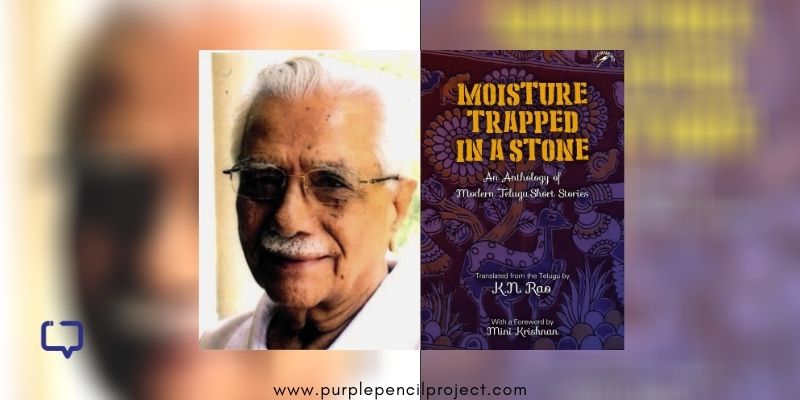


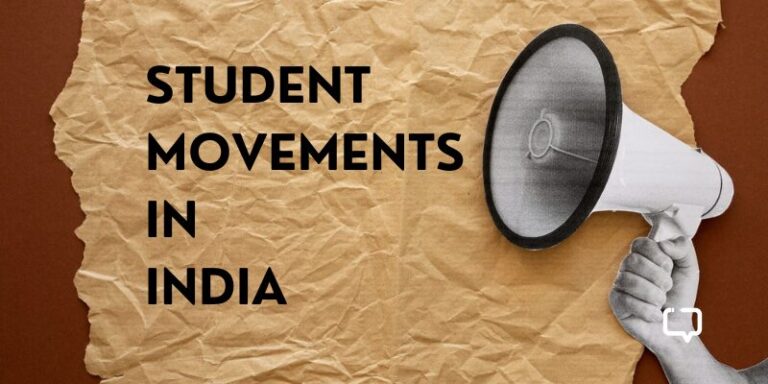

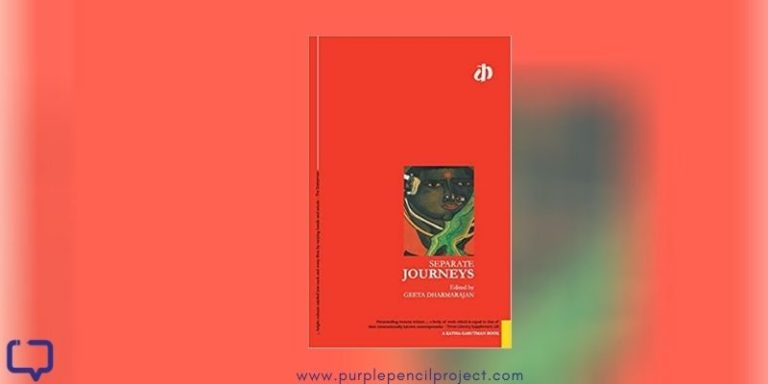



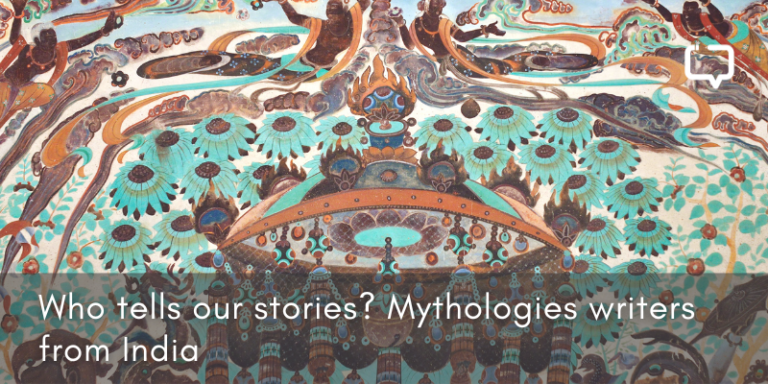
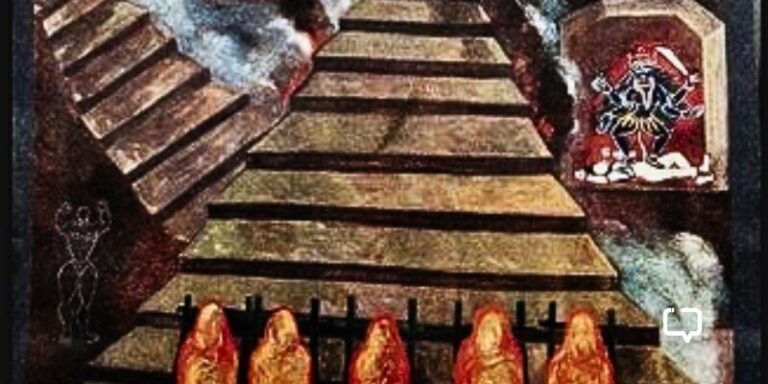



2 Responses
Lovely brief interview !
Dear Rupal,
I chanced upon your wonderful article while doing some research for trees in Chennai. I am planning a plantation of native trees in Chennai and seek Dr. K N Rao’s advice for the same. Can you help me with his contact information please? A phone number or even email id would be greatly helpful.
Regards,
Vishakha